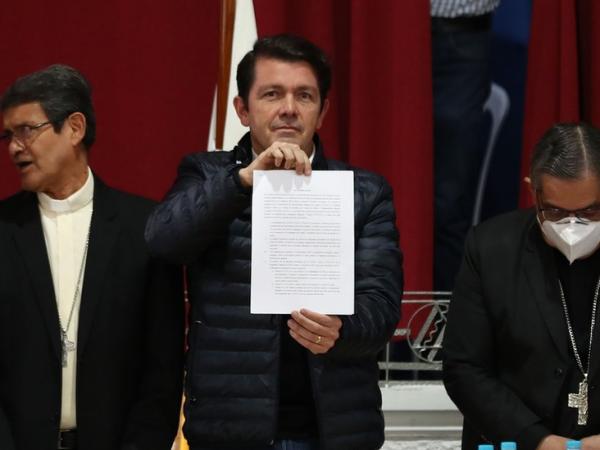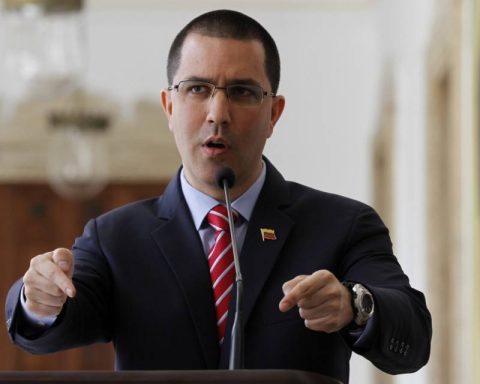Since the publication of Regulation of the new Immigration and Aliens Lawin the month of February, the delivery of student visas has been limited and the response times that the procedure has for its users are unknown.
This was warned by Learn Chile, a network of higher education institutions, made up of more than twenty universities and technical-professional training institutes, supported by the State of Chile through ProChile, with the aim of promoting the internationalization of the academic offer of the country and promote it as an excellent destination for international students.
This sector had been seriously damaged by the effects of the pandemic and its consequences on international mobility. Before that, annual student visas reached 20,000 a year: 9,000 for exchange students and short-term programs, and more than 11,000 for foreign students, studying full undergraduate or postgraduate programs (without previous residence). Added to this is the mobility of academics in various projects.
Mark Avilezdirector of Learn Chile, explained that “The implementation of this law has been highly challenging and complex. In the particular case of higher education, there are long waiting lists to obtain study or work visas in the academy and little clarity regarding response times.”
It should be noted that Learn Chile estimates that foreign students generated income for the country around 350 million dollars a year, for accommodation, tourism, tuition, food, among others, directly benefiting many SMEs throughout Chile that today They do not have this income.
Likewise, the current situation also affects national doctoral programs, which must have foreign students, as well as international associative research programs. The negative effects of losses in scholarships, international grants and scientific financing funds that cannot be activated, due to the non-arrival of graduate students and international researchers in the country due to the delay in their visas, are estimated at several tens of millions of dollars.
“This has been formally communicated to the authorities, who have been receptive and committed to solving this problem, but it is necessary to reinforce the sense of urgency. Our peers at the international level have let us know how complex this situation is for their own projects and expectations, which has led them to give up some initiatives and prioritize other options for associativity in other countries, with the indisputable loss of Chile’s position ”Avilez said.
And added that “As an immediate consequence, the attraction of foreign professional and academic talent to our institutions has been greatly affected by the little or no possibility of obtaining study and academic work visas within reasonable time frames.”
Therefore, Avilez was emphatic in pointing out that “We reaffirm our willingness to collaborate and act in the search for solutions to a complex problem, at the national level, but in a process led by the State, which must effectively and urgently articulate the different public bodies involved.”


















